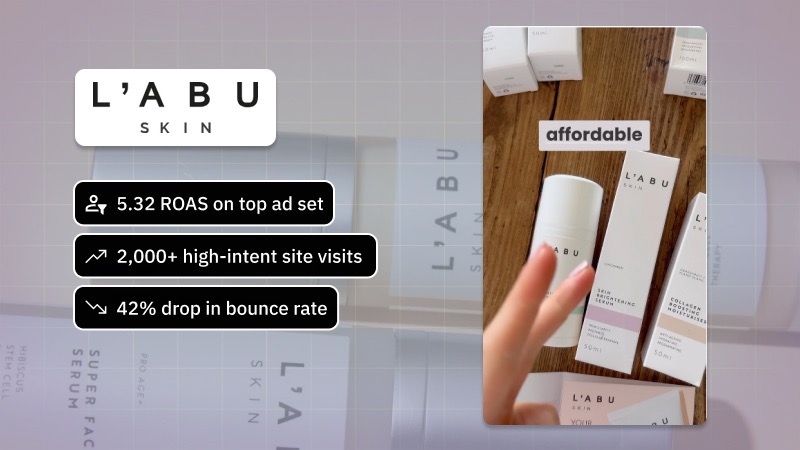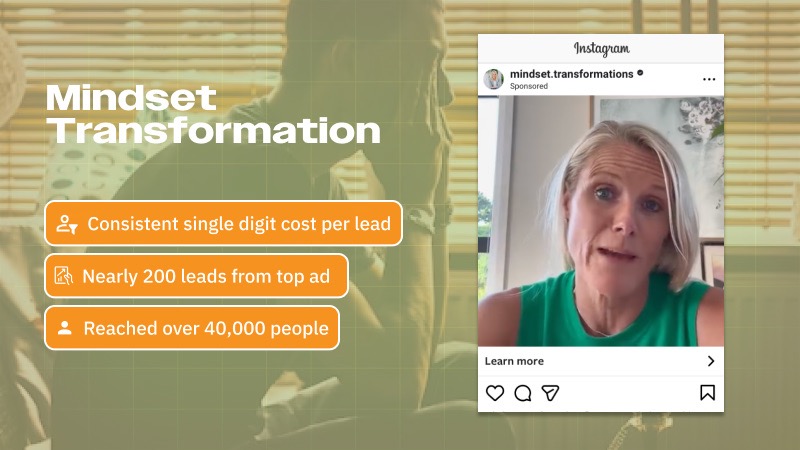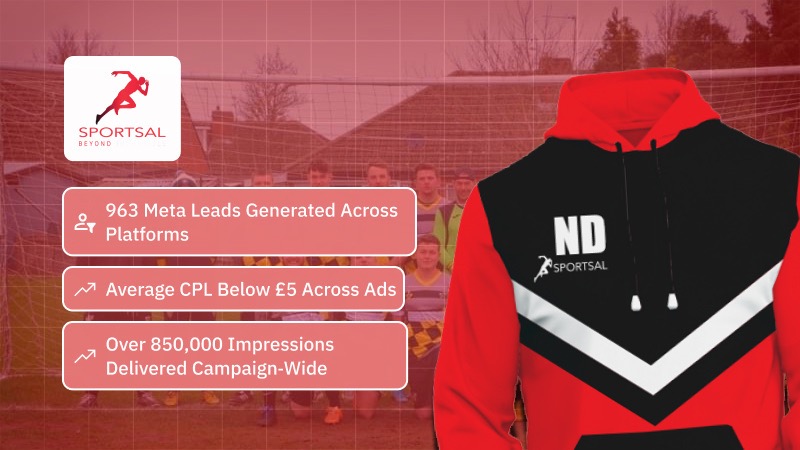Boost your brand with Soudcoh – expert social media strategies that deliver results!

Social media might not directly influence your website’s search rankings, but it plays a valuable supporting role in achieving your SEO goals. It helps amplify your content, attract traffic, and build authority online.
Sharing your content across social media platforms significantly increases its visibility. When users engage with, like or share your posts, they help that content reach a broader audience. This wider exposure can drive more users back to your website, signalling to search engines that your content is relevant and valuable. Over time, this can enhance your site’s reputation and relevance in search results.
Additionally, social media helps build backlinks organically. If your content resonates with readers, it’s more likely to be referenced or linked to from other blogs, websites or digital publications. These backlinks are a crucial factor in SEO, and social media acts as a tool to get your content in front of the right eyes, encouraging those links to happen naturally.
Another benefit is the possibility for branded search growth. As users become more familiar with your brand on social media, they may begin to search for your business by name. These branded queries show search engines that your business is trusted and recognisable, which can contribute positively to your overall SEO profile.
In short, while social media doesn’t directly affect your rankings, it supports your SEO strategy by increasing reach, building authority and enhancing your digital presence over time. Integrating both efforts can lead to stronger, more lasting search visibility.
Sharing content on social media platforms plays a supportive yet powerful role in enhancing search engine optimisation. While social signals themselves aren't direct ranking factors, the ripple effects can significantly influence a website's visibility.
When users share your content across platforms like Facebook, LinkedIn, and Twitter, it increases exposure and drives traffic to your site. These interactions can lead to more backlinks, mentions, and engagement, all of which are valuable indicators to search engines. More eyes on your content often mean more opportunities for it to be referenced by others, further strengthening its authority in organic search results.
High-performing social content can also attract the attention of industry thought leaders or bloggers, increasing the likelihood of being linked to in articles or cited in related discussions. These inbound links signal relevance and credibility to search engines, contributing to stronger keyword rankings over time. Additionally, as your content is engaged with, reshared, and discussed, it builds a digital footprint that search engines can associate with quality and trustworthiness.
Ultimately, content sharing acts as a catalyst for discoverability. It helps spread your message beyond your immediate audience, opening the door to organic growth mechanisms that underpin effective SEO strategies. Combined with strong on-page optimisation and technical SEO, social engagement can round out a comprehensive approach to digital marketing.
Building backlinks through social platforms is a powerful yet often overlooked SEO tactic. While social media links themselves are typically nofollow, their indirect impact on link building can be substantial.
By actively sharing high-quality content on platforms like LinkedIn, Twitter, Facebook, and Instagram, you're increasing its visibility and reach. This broader exposure can catch the attention of bloggers, journalists, and influencers who, in turn, may link to your content from their own websites. It's this process of amplification that turns simple social shares into valuable backlink opportunities over time.
Engaging directly with niche communities or thought leaders on social platforms can also forge relationships that lead to backlinks. By participating in discussions, offering insights, or collaborating on content, you position your brand as a credible source. Over time, these relationships can evolve into backlink-generating opportunities as your content becomes referenced across various domains.
Don't underestimate the impact of social signals on content discovery. When your articles or landing pages trend on platforms like Reddit or are shared heavily in relevant Facebook groups, they’re more likely to reach website owners and content creators. This increased visibility naturally leads to higher chances of organic backlinks being earned — not begged for.
Ultimately, social media acts as a catalyst in the backlink-building process. While it won’t replace traditional outreach or guest posting, it complements those methods by ensuring your content gets seen by more of the right people, in the right places, at the right time.
Social signals refer to the engagement a piece of content receives on social media—likes, shares, comments and overall visibility. The question of whether these signals directly affect Google rankings has sparked ongoing debate among SEO professionals.
While Google has stated that social signals are not a direct ranking factor, there's credible evidence suggesting an indirect influence. Content that performs well on social platforms often earns more backlinks, increased traffic and wider exposure—all of which are strong SEO signals. When a blog post or web page goes viral, it reaches a larger audience, increasing the chance that other websites will link to it, which in turn can help improve its position in search engine results.
Furthermore, social media channels often serve as discovery platforms. Users who find compelling content on Facebook, LinkedIn or Twitter might not only engage with it but also share it within their own networks, creating a ripple effect. This can lead to more branded searches on Google, another factor that has been linked to improved rankings. Consistent sharing across social channels can also help keep your content relevant and top-of-mind, which may encourage more return visits and deeper user engagement over time.
Even though the influence might not be direct or guaranteed, neglecting social media in your SEO strategy could be a missed opportunity. The integration of social engagement with quality content can amplify visibility and enhance your chances of achieving better search engine placement through increased reach, trust and credibility. Focusing on both organic SEO and a solid social media presence can work together to produce stronger overall results.
When used together strategically, social media and SEO can significantly amplify each other's impact. By aligning both efforts, brands can enjoy better visibility, increased website traffic, and stronger audience engagement.
Start by ensuring consistency in your content topics across both platforms. Choose keywords you’re targeting on your website and integrate them naturally into your social media captions, hashtags, and video descriptions. This helps reinforce your relevance to search engines while reaching wider audiences through different channels. Also, when your content resonates with social followers, it’s more likely to get shared, which can lead to backlinks — a critical piece of SEO success.
Don’t underestimate the role of optimised profiles. Your social bios should include keywords and a link back to your website. This not only strengthens SEO but also provides inbound traffic when users move from social platforms to explore your site. Take time to also ensure your business information is consistent across channels, including your brand name, address, and contact details, as this contributes to local SEO signals.
Lastly, track and refine. Use analytics tools to monitor how your social content is supporting search performance. Identify which posts drive the most clicks or referral traffic, and build more around that format or topic. Continued alignment between your SEO targets and social media trends will help you remain flexible and effective in a constantly evolving digital landscape.
Whether local or global, we help your brand rise in search.


